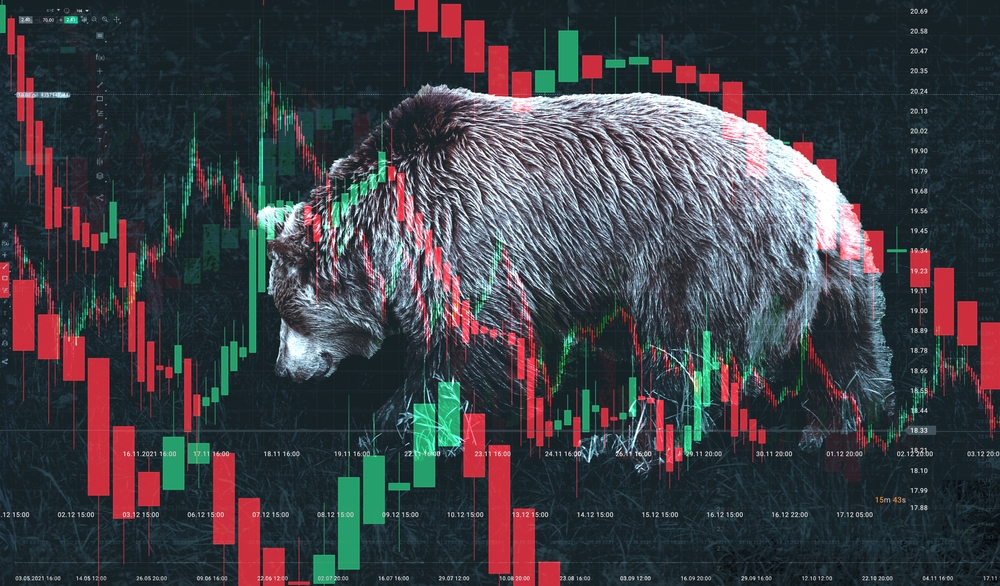Experienced Investor
Investors withdrew a record £2.33bn from equity funds during late summer

UK investors ‘may have played a blinder’, jumping ship just as the bear market rally peaked.
The bear market rally began in the middle of July and continued in the first half of August, resulting in global stock markets rising sharply.
During this time, UK investors pulled £2.33bn from equity funds, split between £251m in the second half of July, ramping up to £2.08bn between 1 and 17 August “at which point the rally ran out of steam”, according to data from global fund network Calastone.
Its latest fund flow index revealed that as share prices deflated in the second half of August, UK investors “sat on their hands”, adding £153m to their holdings.
Overall, in the month of August, UK investors pulled a record net £1.93bn from equity funds, easily beating the previous high set in June and July 2016 in the aftermath of the Brexit vote (£1.54bn and £1.56bn respectively).
Calastone said the outflows were driven by a significant increase in selling activity rather than a drop-off in buy orders, “indicating a decisive choice to exit holdings”.
Funds drop £4.3bn in 2022
Since the beginning of 2022, equity funds overall have shed £4.3bn. Only the eight-month period between March and October 2016 have seen larger outflows (£5.2bn) on Calastone’s eight-year record.
All geographies saw outflows, with record selling in North American (£426m) and Asia-Pacific (£234m) funds. European equities had their sixth worst month on record with outflows of £419m.
But UK-focused funds were worst hit, shedding £759m – the fifth worst month on record and all were in 2022. UK investors have now pulled cash from domestically focused funds for a record 15 consecutive months now, according to Calastone.
Even emerging-markets funds, which have benefited strongly from inflows in 2022 due to large weightings to booming oil companies, saw outflows.
But sector funds focused on renewable energy and infrastructure saw inflows of £146m, up on the £99m monthly average over the last five years. Meanwhile, ESG funds recorded inflows of £95m which is the lowest since September 2019 “when ESG funds were just beginning their astonishing £20bn gold rush”, Calastone noted.
Sector funds buck the trend
Edward Glyn, head of global markets at Calastone, said: “Markets are absorbing the likelihood that inflation will be extremely pernicious and persistent meaning that interest rates will stay higher for longer than initially expected. The combination of a weaker economy and higher rates is very negative for share prices, especially of growth stocks.
“Attempting to time the market is often a bad idea, but this time UK investors may have played a blinder, jumping ship just as the bear rally peaked.
“It’s not all bad news. Sector funds are bucking the trend because of sector-specific factors – infrastructure assets usually come with inflation protection built into operating contracts which helps underpin capital values, while renewable energy generators are making vast amounts of cash as they sell cheap green power at the marginal price set by exorbitant market rates for gas. These funds are a tiny part of the UK’s funds market but they are providing a valuable counterweight for some investors in these volatile times.”